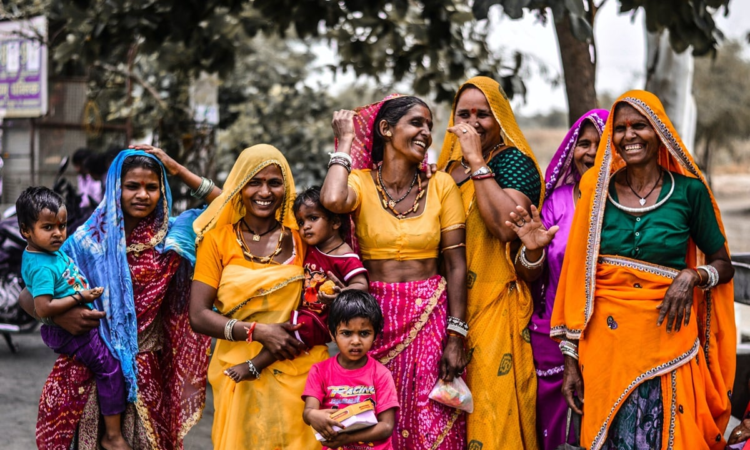
WHO has announced a new Commission on Social Connection, to address loneliness as a pressing health threat, promote social connection as a priority and accelerate the scaling up of solutions in countries of all incomes.
Co-chaired by U.S. Surgeon General, Dr Vivek Murthy, and African Union Youth Envoy, Chido Mpemba, the Commission consists of 11 leading policy-makers, thought leaders and advocates. Running for three years, it will analyse the central role social connection plays in improving health for people of all ages and outline solutions to build social connections at scale. The Commission will consider how connection enhances the well-being of our communities and societies and helps foster economic progress, social development, and innovation.
Social isolation – having an insufficient number of social connections, and loneliness – and the social pain of not feeling connected, are widespread. Contrary to the perception that isolation and loneliness primarily affect older people in high-income countries, they impact the health and well-being of all age groups across the world. One in four older people experience social isolation and the rates are broadly similar in all regions. Among adolescents, between 5–15% experience loneliness, according to research findings. However, these figures are likely to be underestimations.
“High rates of social isolation and loneliness around the world have serious consequences for health and well-being. People without enough strong social connections are at higher risk of stroke, anxiety, dementia, depression, suicide and more,” said WHO Director-General Dr Tedros Adhanom Ghebreyesus. “This WHO Commission will help establish social connection as a global health priority and share the most promising interventions.”
Lack of social connection carries an equivalent, or even greater, risk of early death as other better-known risk factors – such as smoking, excessive drinking, physical inactivity, obesity, and air pollution. Social isolation also has a serious impact on physical and mental health; studies show that it has been linked to anxiety and depression and can increase risk of cardiovascular disease by 30%.
The new WHO Commission will define a global agenda on social connection; raising awareness and building collaborations that will drive evidence-based solutions for countries, communities and individuals. This agenda has particular significance at this time, given how the COVID-19 pandemicand its social and economic repercussions undermined social connections.
“I am thrilled to work closely with an outstanding group of Commissioners on advancing social connection – a vital component of well-being. Together, we can build a world that is less lonely, healthier, and more resilient,” said U.S. Surgeon General, Dr Vivek Murthy. “Given the profound health and societal consequences of loneliness and isolation, we have an obligation to make the same investments in rebuilding the social fabric of society that we have made in addressing other global health concerns, such as tobacco use, obesity, and the addiction crisis.“
Social disconnection also can lead to poorer education outcomes; young people experiencing loneliness in high school are more likely to drop out of university. It can also lead to poorer economic outcomes; feeling disconnected and unsupported in your job can lead to poorer job satisfaction and performance.
“Young people are not immune to loneliness. Social isolation can affect anyone, of any age, anywhere,” said Chido Mpemba, African Union Youth Envoy. “Across Africa and beyond, we must redefine the narrative around loneliness. Investments in social connection are critical to creating productive, resilient and stable economies that promote the well-being of current and future generations.”
The Commission on Social Connection, supported by a Secretariat based at WHO, will hold its first leadership-level meeting from 6 to 8 December 2023. The first major output will be a flagship report released by the mid-point of the three-year initiative.
Full list of Commissioners
More Commissioners may be confirmed at a later date.
Media Contacts
WHO Media Team
World Health Organization
Related







